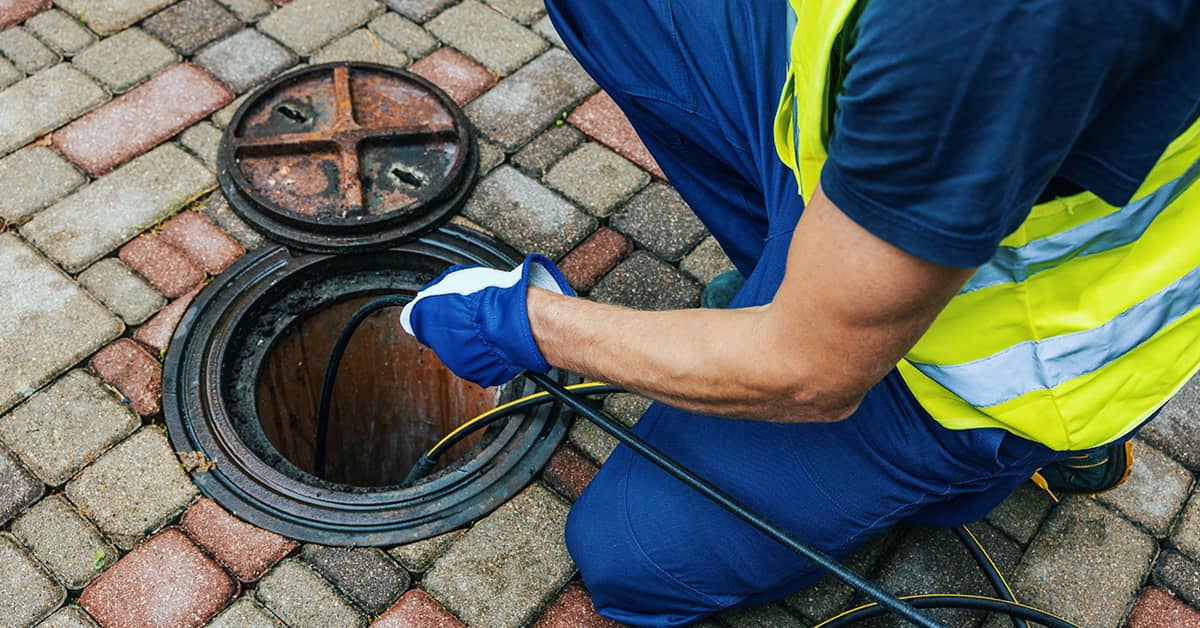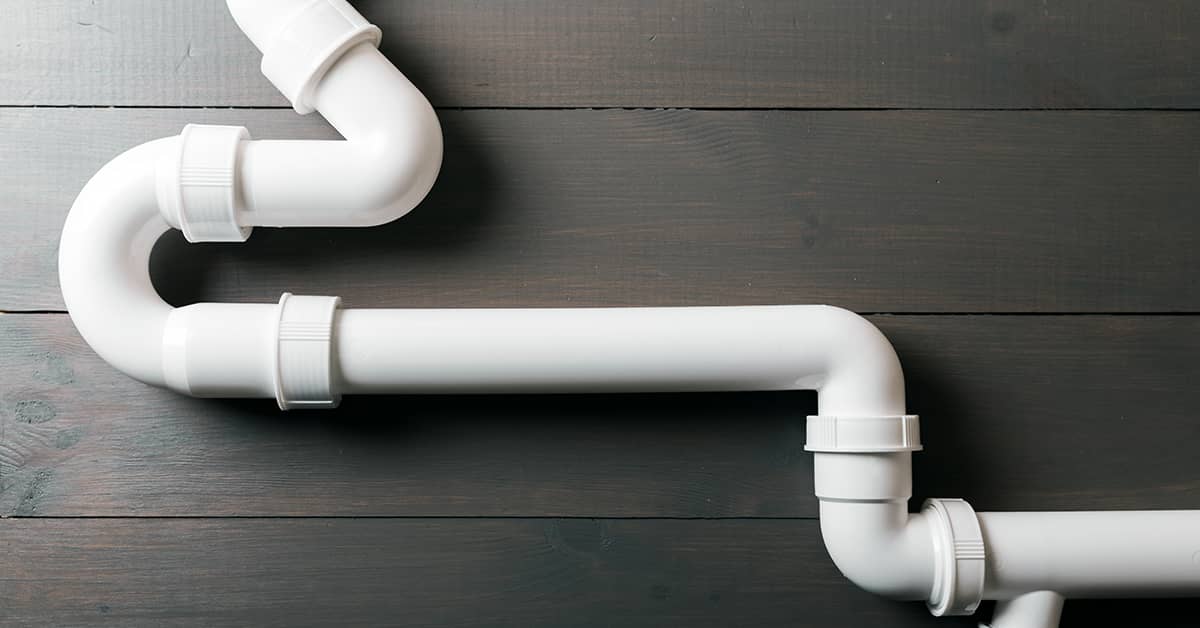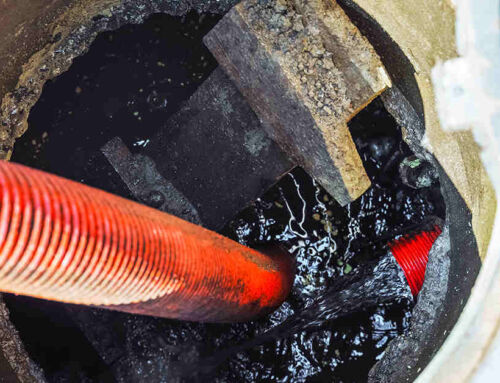Jump to…
Experience the Unblockers Difference
No call-out charges
Emergency response call-outs available
Available anytime 24/7
Expert, local engineers
Fixed price, no hidden charges

Key Points
What Causes Drains to Drain Slowly?
Slow drains can disrupt daily household routines and might indicate more significant plumbing issues.
Understanding the root causes is crucial to finding effective solutions.
Build-up of Hair and Soap
In bathrooms, hair and soap scum accumulate over time, binding together inside the pipes and reducing water flow.
Regular cleaning can manage these build-ups, but neglect could lead to more severe blockages.
Grease and Food Particles
Kitchen sinks are particularly prone to slow drains due to the improper disposal of grease and food particles.
Grease solidifies inside the pipes, capturing other debris and creating a stubborn blockage that is challenging to clear without professional help.
Hard Water and Mineral Deposits
Mineral deposits from hard water can gradually narrow the interior of pipes, restricting water flow.
This calcification is more prevalent in regions with high mineral content in the water supply and can severely impact plumbing efficiency over time.
Incorrect Pipe Installation
Improperly installed plumbing can lead to numerous issues, including slow drains.
Incorrect pipe sizing or sloping can prevent water from flowing freely, necessitating adjustments or even a complete overhaul by a qualified plumber.
How to Fix and Prevent Slow Drains
Effectively addressing slow drains requires a combination of immediate action, routine maintenance, and sometimes professional intervention.
DIY Cleaning Methods
Simple tools like a plunger or a drain snake can provide immediate relief.
Regular flushing of the drains with hot water, baking soda, and vinegar can help prevent the accumulation of debris.
These methods are particularly effective for minor clogs and as preventive maintenance.
Professional Drain Cleaning
When DIY methods are insufficient, especially in the case of severe or recurring clogs, it’s advisable to seek professional drain cleaning services.
These professionals use advanced equipment, such as motorised augers and hydro-jetting machines, to remove tough blockages thoroughly.
Regular Maintenance Tips
Preventive practices can significantly reduce the incidence of slow drains.
Avoid pouring grease down kitchen sinks, use drain strainers to catch debris, and clean these strainers regularly.
Additionally, consider softening your water if hard water is an issue in your area to reduce mineral build-up in your pipes.
Proactive Measures Are Key
Regular maintenance and an understanding of the causes of slow drains are essential for keeping your plumbing system functioning efficiently.
By adopting a proactive approach to drain care and seeking professional help when needed, homeowners can avoid the frustrations of slow drains and ensure their plumbing systems are robust and long-lasting.

Related Articles
READY TO MAKE YOUR ENQUIRY?
Get a quote for a drainage callout
Get a quote for a drainage callout
We have drainage engineers in your area now offering availability today.
Just leave a few details and our friendly drainage service team will call you right back.
We have drainage engineers in your area now offering availability today.
Just leave a few details and our friendly drainage service team will call you right back.
"*" indicates required fields

Need to speak to us right away? We have local engineers available now. Call 0808 303 0050
“Outstanding Service & Fast Repair”





